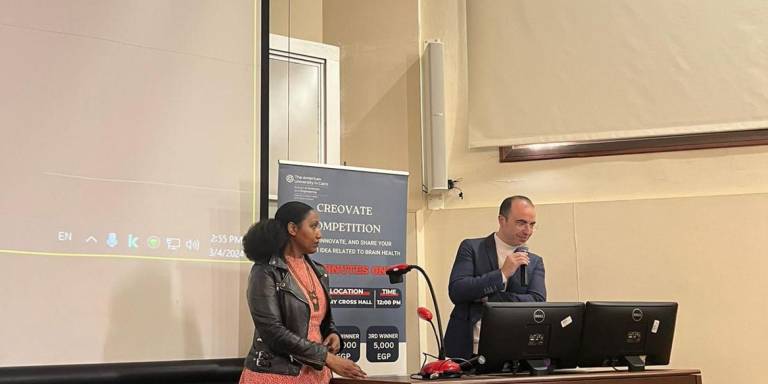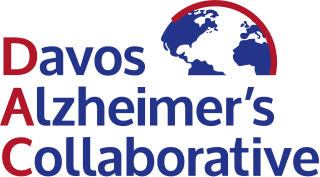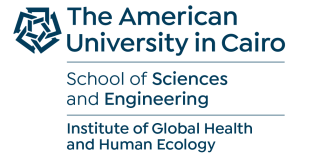The Davos Alzheimer's Collaborative partners with the American University in Cairo and UCL
4 March 2024
We're delighted to announce the Davos Alzheimer's Collaborative is partnering with The American University in Cairo and UCL Queen Square Institute of Neurology on Alzheimer's detection and risk reduction efforts

The Davos Alzheimer’s Collaborative (DAC), the organization leading an unprecedented world-wide response to Alzheimer’s disease, signed a Memorandum of Understanding (MoU) with the Institute of Global Health and Human Ecology (I-GHHE) at The American University in Cairo (AUC) and UCL Queen Square Institute of Neurology. This partnership focuses on developing scalable approaches for early detection and risk reduction in Alzheimer's disease (AD), emphasizing diagnostic biomarker identification, capacity building in neurodegeneration, and genomic risk definition. The collaboration aims to combat AD's impact on the aging population, particularly in Egypt and the surrounding region, by advancing detection, monitoring, prevention, and treatment. It leverages I-GHHE's expertise in neuroscience research alongside UCL Queen Square Institute of Neurology's cutting-edge capabilities in addressing neurological disorders.
The collaboration will gather digital phenotyping data and blood samples producing local validation data for AD tests, building on I-GHHE’s ambitious initiative of the Longitudinal Study of Egyptian Healthy Aging (AL-SEHA) which studies the determinants of dementia. Both AUC and UCL will work on starting a North African Dementia Registry (NADR). I-GHHE Founding Director Hassan El-Fawal, a neurotoxicologist, described the partnership as “a fulfillment of the Institute’s vision to leverage regional expertise towards global impact.” The joint efforts will also support select students and engage clinicians across Egypt, addressing the underrepresentation of the MENA region and Africa in the field.
Mohamed Salama, author of AL-SEHA, AUC-NADR lead and professor at AUC’s I-GHHE highlighted the significance of this collaboration with UCL and DAC. “With a population of over 110 million, Egypt has served as a distinctive meeting point between Africa and the Middle East, boasting a wealth of genetic and cultural heritage. This project not only promises to bring benefits to the people of Egypt, but also aims to advance the understanding of dementia in both the region and the world.”
Mie Rizig, UCL NADR lead and Clinical Senior Research Fellow, Department of Neuromuscular Diseases, UCL Queen Square Institute of Neurology explains that to tackle the global challenge of dementia effectively, it is crucial to establish sustainable and scalable collaborations: “The term ‘NADR’ in Arabic translates to ‘RARE,’ and so is this partnership. It is exceptional and unparalleled, representing a pioneering effort in North Africa and the MENA region. We commend DAC for their forward-thinking approach, and we are keen in participating in this distinctive initiative.”
Vaibhav Narayan, Davos Alzheimer’s Collaborative executive vice president said, “This collaboration will bolster our understanding of Alzheimer’s disease in an important region with a genetically diverse population and varied ancestries. Over the longer term, this program will bring regionally relevant prevention and intervention efforts to individuals typically neglected in these efforts.”
Data from this collaboration will be made available via the Alzheimer’s Disease Data Initiative (ADDI) platform, which supports global research initiatives and interventions for Alzheimer’s disease by providing controlled access to the broader research community via the study’s principal investigators.


Links
- Davos Alzheimer’s Collaborative
- The American University in Cairo (AUC)
- Institute of Global Health and Human Ecology (I-GHEE)
- Dr Mie Rizig's academic profile
 Close
Close

